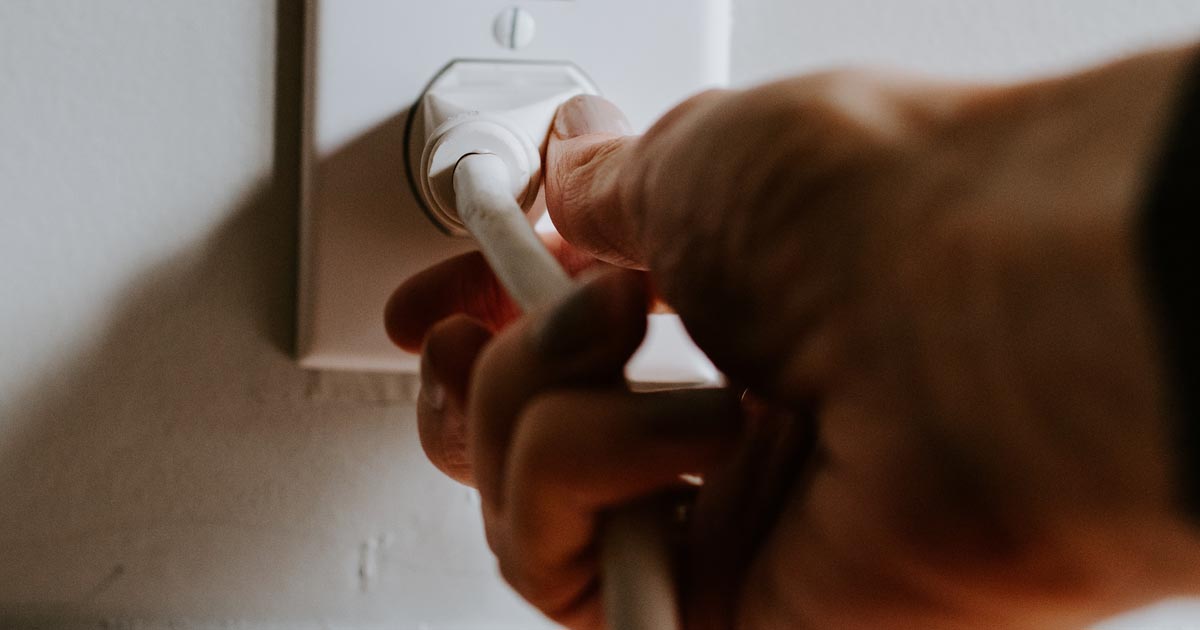If the energy transition is to be successful, it will not be possible to do without sacrifices. //next author Markus Sekulla was ready to make these sacrifices, but which were the right ones to help. But if every kilowatt hour helps, as Germany’s Economics Minister Robert Habeck recently said, it's worth taking a look at where the potential savings lie for us individually.

“Every kilowatt hour helps,” Robert Habeck said recently, calling out all of us to save energy. And it has worked. According to a recent (April 2022) Bitkom survey, more than 50 percent of German households are trying to save energy. Sounds pretty good, but the road is still long, rocky and strenuous.
The world has become increasingly connected and fast paced in recent decades. Energy is no longer just needed for the home TV, the washing machine or the gas for the annual holiday in Italy, but also for things like bitcoin mining, week-long trips to Bali or 9-hour Ultra HD series streaming, during which you are asked four times if you are really still awake. But that's the luxury many of us in Europe are allowed to live in. Many of us have suspected that this can't go on forever in terms of energy consumption.
The question remains, how do we limit ourselves in a sensible way? There is some potential in our homes and also in our way of travelling. And yes, I've heard the classic what-about question “Why should I unplug my TV when new airports are being built in other countries?” before and I think it’s lame. It's nice and cozy, sure – since we can play the blame game. For one's own satisfaction, the question is poison. Being active and doing something is better than passively searching for someone to blame. #Trustme
We can find plenty of energy-saving tips on the Internet. The good, old proverb applies: Many a little makes a muckle! Here on //next, we have already compiled a number of articles with ideas to save energy. You can find them below, along with a few other useful external links.
Knowledge is power. Understanding how much electricity some appliances consume can often be the key to saving the first euro, and then the next. It's quite simple:
Let's start with a simple example: My 2100W kettle takes two minutes to heat a liter of water. How much does that cost me? This consumes about 70 Wh or 0.07 kWh. The cost is therefore around 2.5 cents (at an electricity price of €0.35 per kWh).
We digital people like to drink big cups of coffee. They cost 1.2 cents to heat the water. But that's 4 times a day, 365 days a year. Your math professor advises: Reasonable, with 17,50€ per year. More good news, even charging your smartphone every day costs between €1 and €2 a year, so not much either.
The 9 hours series streaming marathon mentioned above also cost about 30 cents with a TV that uses about 100 W per hour, plus the high power of the router. We'll look at those next.
The router often turns out to be an inconspicuous power guzzler. Depending on the model, 20 watts can be consumed here when not used and 25 watts when under load. Since this is used 24/7 in most households, we can calculate: Per day 16h at 25W + per night 8h at 20W make 400Wh + 160Wh = 560Wh per day. Times 365 days per year is 204400Wh or 204kWh per year. Let's say a currently very optimistic price of 0.35 cents = 71.5 euros per year.
Tip: If you turn off the router for the night, you can save at least the 8h idle time and thus about 20 Euros per year.
You see, the calculation is quite simple. And once you know how much a device consumes, you can also make a good assessment of whether you want to continue using it in the used way. For those who want to dive deeper into the subject, I recommend an electricity meter, where you can easily track consumption.
Another tip: Switch off so-called vampire devices – devices in stand-by mode. We don’t use them, but they constantly suck small amounts of electricity. The BBC estimates that UK households waste about 147 Pounds, or about 175 Euros a year on them. So, a simply unplug them or buy a switch off plug.
Saving electricity is fun for me, I guess that runs in my family. First it might seem uncool to act on energy saving. But saving money has never been uncool, in particular when it’s also helping the environment. An only-win situation, if you will.
https://next.ergo.com/en/Trends/2021/energy-consumption-Bitcoin-smart-meter-logistics.html
Text: Markus Sekulla
Most popular